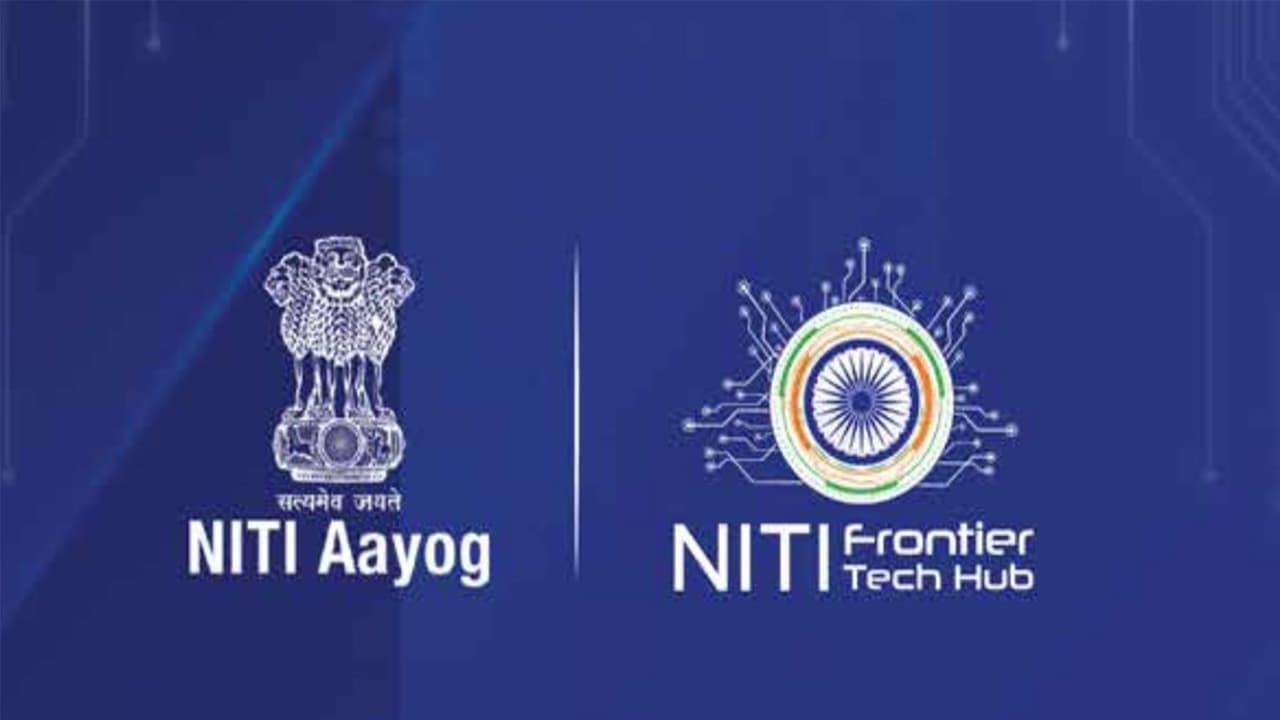AI Can Drive 8%+ GDP Growth And Power India's 'Viksit Bharat' Vision: NITI Aayog
India has the opportunity to harness Artificial Intelligence (AI) as a decisive lever to achieve accelerated economic growth and realise the vision of 'Viksit Bharat', according to the roadmap released by NITI Aayog and Niti Frontier Tech Hub on Monday at New Delhi. The report, titled "AI for Viksit Bharat: The Opportunity for Accelerated Economic Growth", outlines how AI adoption across industries and transformation of research and development (R & D) can bridge nearly half of the growth gap required to move India from a projected GDP of USD 6.6 trillion to USD 8.3 trillion by 2035.
To reach the aspirational 8 per cent trajectory, the country will need to unlock both productivity and innovation at scale. The report identifies AI as central to this transformation.
NITI Aayog CEO BVR Subrahmanyam said Artificial Intelligence can be the decisive lever for 8 per cent plus growth rate.
"With a focused and sector-specific approach, industries such as banking and manufacturing can deploy Al today to improve efficiency, service quality, and competitivenesscreating momentum for deeper transformation." Subrahmanyam noted in the report.
The analysis highlights two major unlocks, accelerating AI adoption across industries, which could account for 30-35 per cent of the growth step-up, and transforming R & D with generative AI, which could contribute another 20-30 per cent.
Sectors such as banking and manufacturing are positioned as immediate beneficiaries. In financial services, AI could enable hyper-personalised customer experiences, advanced fraud detection, and more inclusive lending. This is estimated to unlock USD 50-55 billion in additional value by 2035.
In manufacturing, AI-driven productivity gains, predictive maintenance, and intelligent product design could add USD 85-100 billion.
Beyond adoption, the report stresses the importance of nurturing frontier innovation.
AI-enabled drug discovery, software-assisted vehicles, and next-generation auto components etc are seen as future growth engines.
In pharmaceuticals, AI could reduce drug discovery costs by up to 30 per cent and shorten timelines by as much as 80 per cent, positioning India to move from a generics-driven market towards innovation-led leadership.
For the automotive sector, the roadmap envisages 18-20 million software-assisted vehicles on Indian roads by 2035, supported by smart corridors and digital testing parks. Such innovations could deliver USD 20-25 billion in export gains and import substitution.
"India's mission to sustained 8%+ growth is anchored in bold, pervasive AI integration and tireless innovation, and must become a core national priority," said Debjani Ghosh, Distinguished Fellow at NITI Aayog and Chief Architect of the Frontier Tech.
The report concludes that with robust infrastructure, responsible governance, and industry-academia collaboration, India can pioneer a new model of growth.
(Except for the headline, this story has not been edited by Asianet Newsable English staff and is published from a syndicated feed)
Legal Disclaimer:
MENAFN provides the
information “as is” without warranty of any kind. We do not accept
any responsibility or liability for the accuracy, content, images,
videos, licenses, completeness, legality, or reliability of the information
contained in this article. If you have any complaints or copyright
issues related to this article, kindly contact the provider above.
Most popular stories
Market Research

- Spycloud Launches Consumer Idlink Product To Empower Financial Institutions To Combat Fraud With Holistic Identity Intelligence
- Japan Green Hydrogen Market Size To Reach USD 734 Million By 2033 CAGR Of 27.00%
- Primexbt Wins Global Forex Award For Best Multi-Asset Trading Platform
- Primexbt Launches Empowering Traders To Succeed Campaign, Leading A New Era Of Trading
- United States Insulin Pumps Market Forecast On Share & Demand Mapping 20252033
- Cartesian Launches First Outsourced Middle-Back-Office Offering For Digital Asset Funds






















Comments
No comment